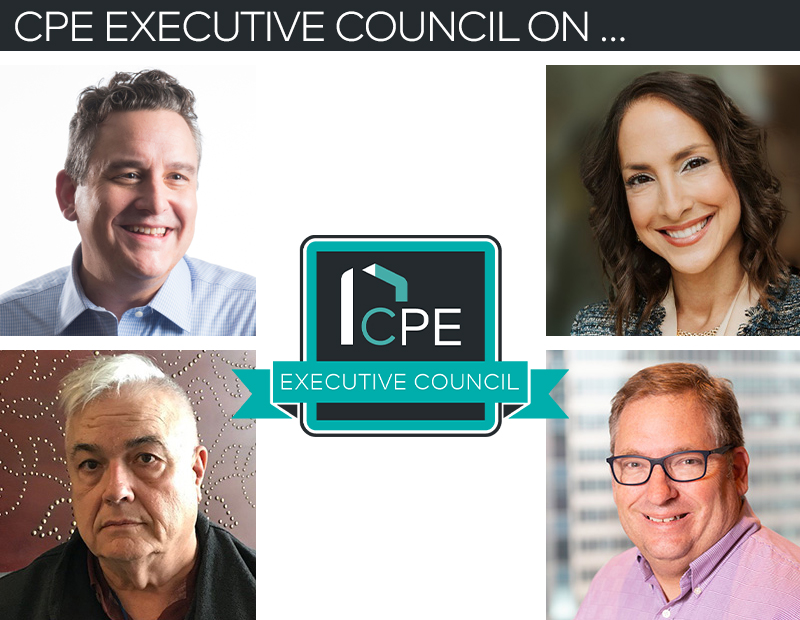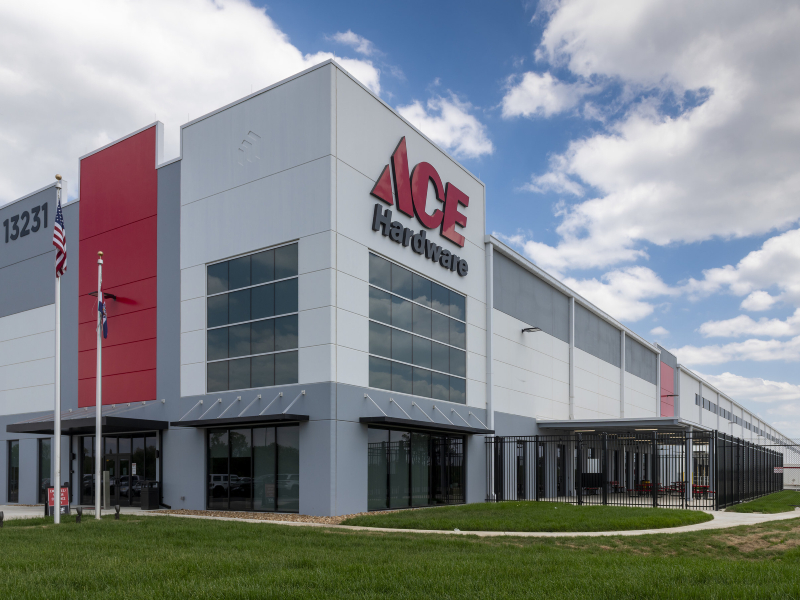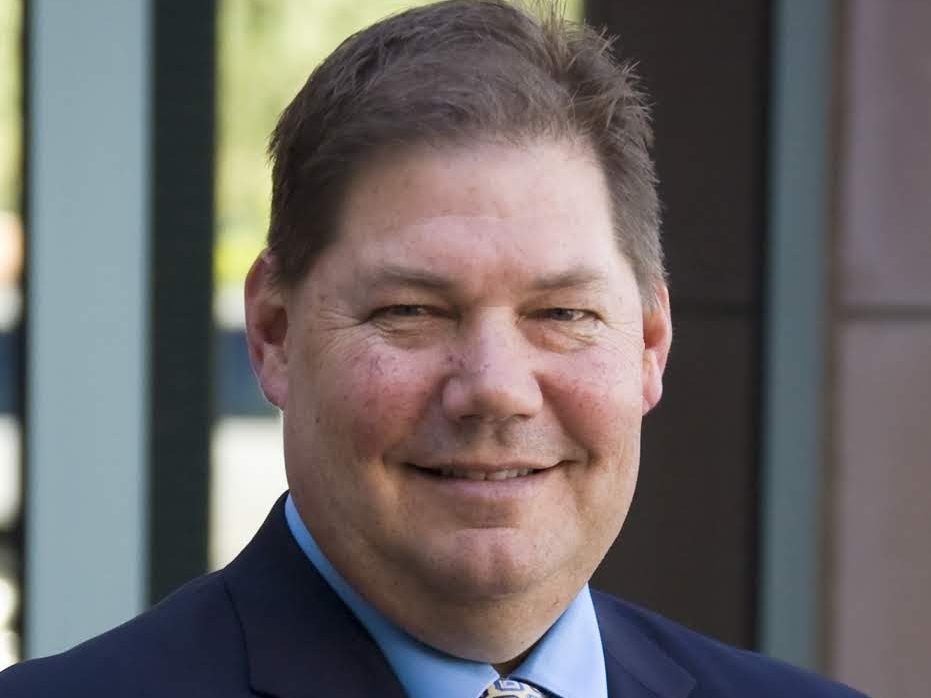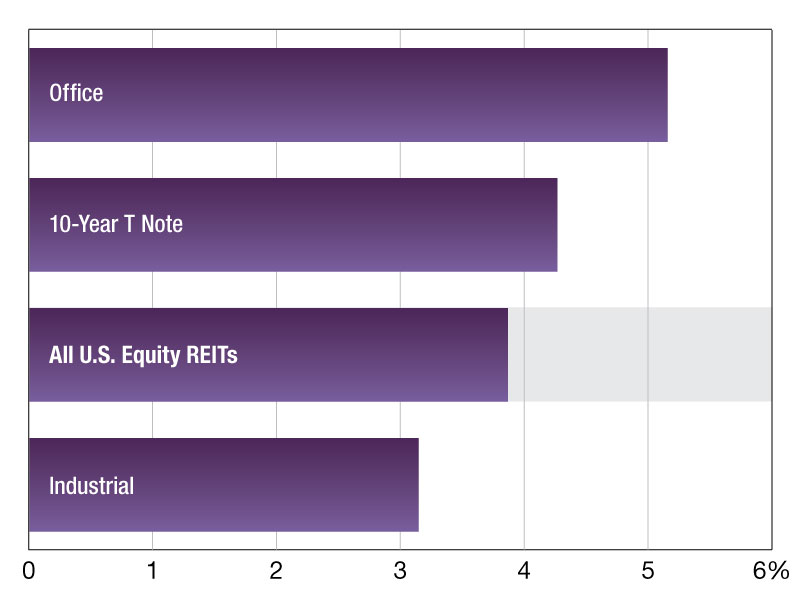CPE Executive Council: How to Fill Leadership Gaps in an Evolving Industry
To be successful, you must be able to adapt to changing mindsets, changes in the market and more. Are you keeping up?

Technology is becoming more advanced by the day. But that’s not the only thing changing about the CRE industry. To be successful, leadership must be able to adapt to changing mindsets, changes in the market and more. How do you make sure you’re keeping up? The CPE Executive Council shares their insights.

Mind the Gaps
The apartment industry is at a critical inflection point, where traditional skills are no longer enough to ensure success. The rapid convergence of artificial intelligence, evolving renter expectations and new workforce paradigms is exposing significant gaps in talent and leadership. Companies that fail to recognize and adapt to these changes risk falling behind in an increasingly competitive market.
The AI Revolution and Staffing Transformation
The integration of AI is fundamentally reshaping staffing needs. At the property level, AI-powered platforms are automating routine administrative tasks like lead follow-up, scheduling maintenance, handling renewals, and answering basic resident inquiries. This automation reduces the need for purely administrative roles, creating a gap for a more sophisticated, hospitality-focused position. The future on-site professional is a community manager, skilled in creating exceptional resident experiences, organizing events, and fostering a genuine sense of community.
At the corporate level, the most significant gap is in data science and analytics. The industry is moving beyond simple reporting to predictive analytics for everything from rental pricing to resident retention. This requires leaders who are not just experienced operators but are also data-literate. The ability to interpret AI-driven insights and translate them into actionable, strategic decisions is becoming the most critical leadership skill, replacing an outdated reliance on “gut-feel” and historical precedent.
Evolving Renter Preferences and the Customer-Centric Approach
Today’s renters expect a seamless, on-demand, and personalized experience, mirroring their interactions with leading retail and technology brands. They want self-service options like virtual tours, online leasing, and instant communication through mobile apps. This shift has created a talent gap for professionals skilled in digital marketing, customer relationship management, and user experience design. On-site teams must now be adept at managing a digital-first customer journey, from initial prospect to long-term resident. Leadership must evolve from a property-centric to a customer-centric model, focusing on building a trusted brand, managing online reputation, and delivering a consistent, high-quality experience across an entire portfolio.
New Work Styles and the Modern Leadership Model
The modern workforce, particularly younger generations, prioritizes flexibility, purpose-driven work, and clear opportunities for professional growth. The rigid, hierarchical structure common in property management is becoming a significant barrier to attracting and retaining top talent. This creates a pressing need for leaders who can effectively manage hybrid or remote teams, foster a collaborative and inclusive culture, and provide transparent career paths. The industry’s chronic high turnover can only be solved by a new leadership approach. Future leaders must be empathetic, adaptable, and technologically fluent coaches who empower their teams, rather than just managers who enforce policies.
To thrive, property management organizations must deliberately bridge these talent and leadership gaps. Success hinges on recruiting for digital and analytical acumen, cultivating leaders who are both customer-obsessed and employee-centric, and embracing technology as a core driver of strategy. The companies that make this pivot will define the future of the industry. —Janine Jovanovic, CEO, LeaseLock

Data Driven
As commercial real estate continues to go digital, we’re seeing some clear talent and leadership gaps—especially when it comes to websites, marketing, SEO and AI-driven tools.
Strategic Digital Leadership
A lot of CRE firms still don’t have leaders who truly see the website as a core part of the business. Too often, it’s treated like a static brochure instead of what it should be: a powerful tool for generating leads, building trust, and driving growth. We need more decision-makers who understand that a strong digital presence isn’t optional anymore—it’s foundational.
SEO and Content Strategy Know-How
There’s also a real shortage of people who get SEO and how it applies specifically to CRE. Many teams are missing out on organic search traffic because they’re not thinking about things like structured data, local SEO, or content that speaks directly to investors, tenants, and brokers. It’s a gap that limits visibility – and ultimately, opportunity.
Adopting AI in a Meaningful Way
AI is changing how people search for and interact with CRE online. But most firms don’t yet have the in-house expertise to integrate tools like intelligent search, personalized recommendations, or even smart chatbots into their websites. There’s a growing divide between firms that are leaning in and those that are unsure where to start.
Performance Marketing Mindset
Marketing in CRE is still heavily relationship-based, which won’t go away – but there’s a missed opportunity in performance-based digital marketing. Things like PPC, retargeting, and conversion tracking are second nature in other industries, but often underutilized in CRE. We need leaders who are comfortable measuring results and adjusting in real time.
Creative Meets Technical
One more gap we see: the disconnect between creative and technical teams. Designers, marketers, and developers don’t always speak the same language, which slows things down or leads to underwhelming results. Great leadership here means building teams that collaborate across skill sets and stay focused on the bigger digital strategy.
Bridging these gaps isn’t just about hiring differently—it’s about shifting how firms think about digital altogether. That means investing in training, elevating digital voices to leadership levels, and bringing in partners who specialize in CRE’s unique digital challenges. —Dave Lewand, Founder & CEO, CREgrow

Back to Basics
While an understanding of technology is important in commercial real estate, communication skills are also crucial to a professional’s success. Additionally, a basic understanding of financing is key with most commercial real estate jobs. —Dave Ebeling, Owner, Ebeling Communications

What We’re Missing
The commercial real estate industry is facing several talent and leadership gaps as it evolves.
Digital and Technological Skills
Tech Integration: The rapid pace of digital transformation in CRE requires leaders who are proficient in technology and can integrate digital tools into business operations.
Data Analytics: There is a growing need for professionals skilled in data analytics to make informed decisions based on market trends and property performance.
Generational Shifts
Aging Workforce: A significant portion of the CRE workforce is nearing retirement, creating a gap in experienced leadership.
Attracting Younger Talent: The industry struggles to attract and retain younger professionals who often seek roles with high levels of technology integration and flexible work environments.
Diversity and Inclusion
Lack of Diversity: CRE has historically lacked diversity in leadership roles, which can limit perspectives and innovation.
Inclusive Culture: Building an inclusive culture that values diverse backgrounds and ideas is crucial for attracting top talent.
Sustainability and ESG Expertise
Environmental, Social, and Governance (ESG): There is a growing emphasis on sustainability and ESG criteria, requiring leaders who understand and can implement these practices.
Green Building Practices: Knowledge of sustainable building practices and certifications is increasingly important.
Soft Skills and Adaptability
Leadership and Communication: Effective leadership and communication skills are essential for navigating the complexities of modern CRE projects.
Adaptability: The ability to adapt to changing market conditions and tenant expectations is critical for success.
Addressing these gaps involves investing in training and development programs, fostering a culture of innovation, and actively working to attract a diverse and skilled workforce. —Doug Ressler, Manager, Business Intelligence, Yardi
Interested in joining the CPE Executive Council and being featured in future articles? Email Jessica Fiur.







You must be logged in to post a comment.